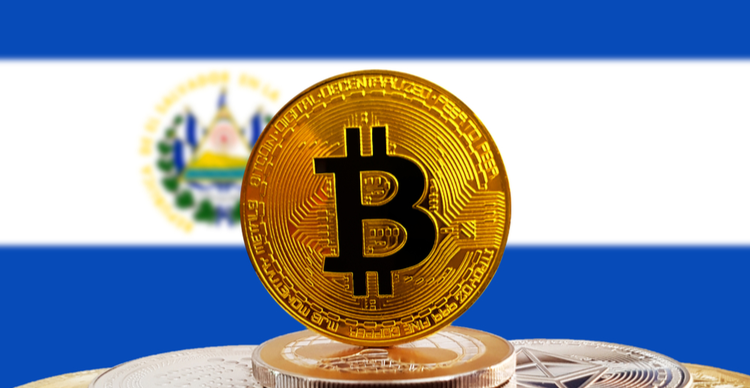
- The Central American nation now holds 2,301 BTC
- Despite recent Bitcoin additions, its use as legal tender remains unpopular with Salvadorans
The president of El Salvador Nayib Bukele, has remained resolute, sticking to his grand Bitcoin adoption masterplan. The Central American nation, earlier this week, boosted its Bitcoin position following another bulk purchase during the recent market dip.
The second BTC purchase this year
Tweeting out the news on Monday, President Bukele confirmed that El Salvador added 500 BTC for $15.37 million, translating to an average price of $30,744. Notably, this was a more enticing price level than the $36,585 average price for the 410 Bitcoins the country added in January.
“El Salvador just bought the dip! 500 coins at an average USD price of ~$30,744,” President Bukele announced.
The latest addition brings El Salvador’s total Bitcoin reserves to 2,301 BTC.
Bukele has previously insisted that adopting Bitcoin benefits the country’s economic and political future, referring to the country’s otherwise dependence on the US dollar. Further, his decision to buy into a plummeting market is a bullish sentiment for the top crypto token.
Chivo wallets abandoned
Though President Bukele is a Bitcoin fan, his enthusiasm isn’t as synonymous with citizens in his country.
It has been more than half a dozen months into the El Salvador BTC era, but evidence suggests that most citizens have not really taken it up. This is despite efforts by the government to rally the asset’s use in settling payments for goods and services.
Chivo, a government-managed wallet established to empower the use of cryptocurrencies, was launched with the adoption of BTC and incentivised users who download the app with a $30 reward.
It was meant to power the crypto option, but according to a survey conducted by US nonprofit organisation, the National Bureau of Economic Research (NBER), most users abandoned the wallets once they depleted the reward.
As per a report published by NBER last month, the organisation confirmed that only 20% of citizens are still using Chivo, most of whom are educated and banked. Therefore, the asset class is already failing in utility as it was intended to serve the unbanked – this group of Salvadorans has primarily chosen to stick with using cash payments.
While El Salvador has seen its fair share of criticism for its Bitcoin adoption, particularly from global financial bodies such as the IMF, a Bitcoin legal tender is morphing into an attractive idea to other countries. Central African Republic (CAR) recently approved Bitcoin’s legal use for transactions, alongside the CFA Franc.

